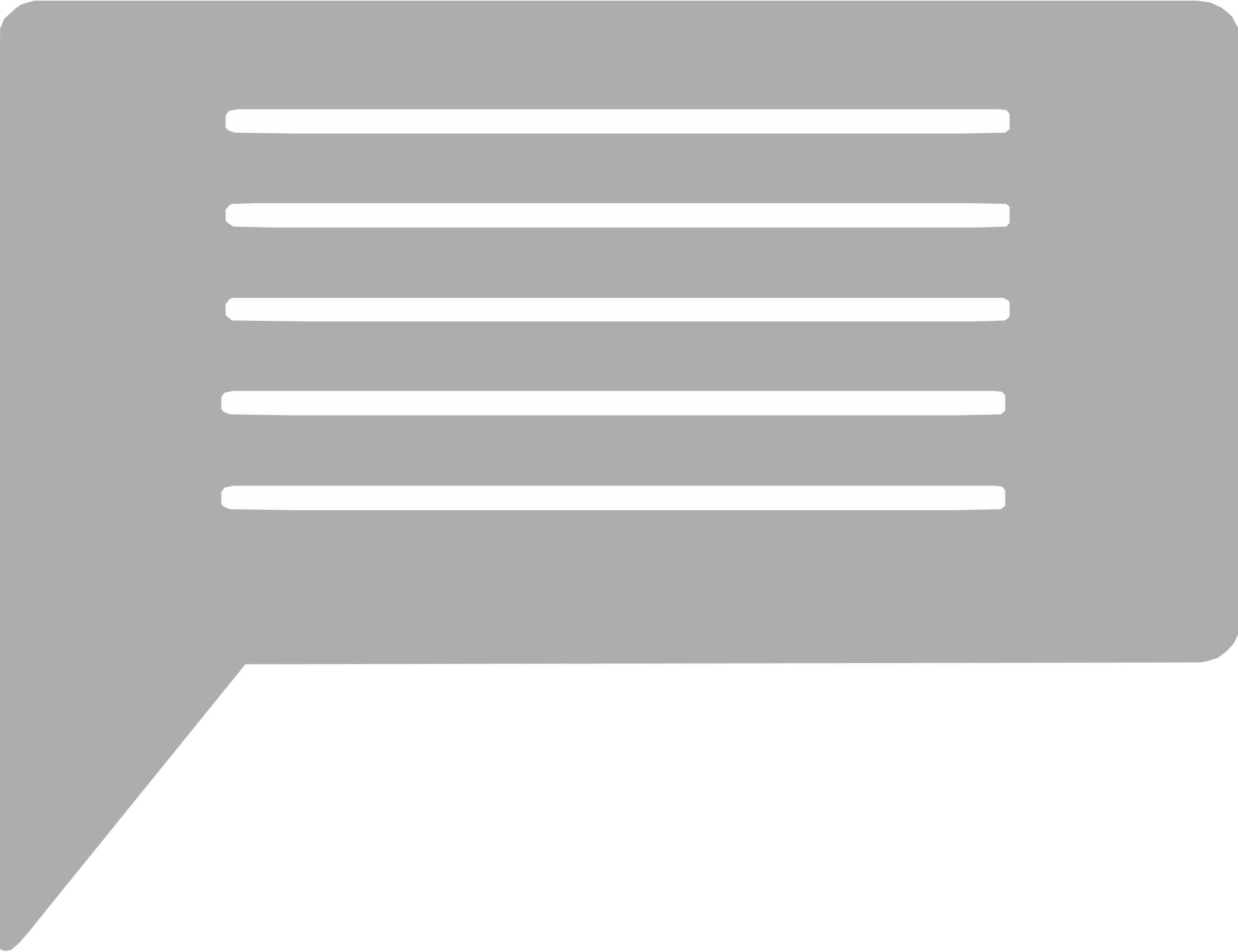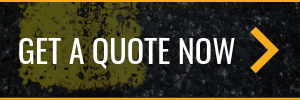- About Us
- SealCoating
- Our Process
- Materials
- Gallery
- FAQ's
- Why Sealcoat?
- When to Sealcoat
- Things To Ask A Contractor
- Best Temperature for Sealcoating
- Parking Lot Maintenance 101
- Sealcoating Myths Debunked
- Asphalt Maintenance Glossary
- Cost Savings of Sealcoating
- Sealcoating Benefits
- Double Life of Your Asphalt With Sealcoating
- Benefits of Sealcoating Your Parking Lot
- Crack Filling
- Products
Woven & Nonwoven Geotextiles

Geotextile fabrics are permeable materials used to promote soil stability as well as road and parking lot stabilization. Used across the U.S. by both federal and state organizations, these fabrics have become the norm for parking lot and highway construction.
Daniel B. Krieg offers a variety of both woven and nonwoven geotextile stabilization fabrics to improve the support structure and drainage of your public or private project. Call 717-792-0284 for pricing and ordering information or contact us to place your order!
Nonwoven Stabilization Fabric

Weight
- 4 oz. Nonwoven Geotextile
- 4 oz. Nonwoven Geotextile
- 4 oz. Nonwoven Geotextile
- 6 oz. Nonwoven Geotextile
- 12 oz. Nonwoven Geotextile
- Landscape Fabric
- Landscape Fabric
Dimensions
- 3' x 360'
- 6.25' x 360'
- 12.5' x 360'
- 12.5' x 360'
- 12.5' x 360'
- 12.5' x 360'
- 15' x 300'
- 3' x 300'
- 6' x 300'
Square Yards
- 120 SY
- 240 SY
- 500 SY
- 500 SY
- 500 SY
- 500 SY
- 500 SY
- 100 SY
- 200 SY
Woven Stabilization Fabric

Weight
- 200 lb. Woven Geotextile
- 315 lb. Woven Geotextile
Dimensions
- 17.5' x 360'
- 12.5' x 432'
- 12.5' x 360'
Square Yards
- 700 SY
- 600 SY
- 500 SY
Paving Fabric - Nonwoven GC140 (Propex 4598)

The Difference Between Nonwoven and Woven Geotextiles
Nonwoven geotextiles are multi-purpose fabrics used for filtration and separation. In its most common form, the fabric is made by mechanically combining fibers with barbed needles, known as needle punching. In this form, nonwoven geotextiles appear like black felt. Another popular method, known as spunbonding, involves spinning extruded filaments onto a collecting belt and bonding them through heat. In this form, you'll usually see the nonwoven geotextiles colored gray.
On the other hand, woven geotextiles are constructed using polypropylene slit film yarns. They're constructed from sheets of impermeable liner cut into strips, which are then woven together. Because of its high tensile strength, a woven geotextile is a cost-effective way to improve paved and unpaved surface separation and stability. You'll commonly find woven geotextiles used in parking lots, building pads or construction site entrances. Because they're less permeable than nonwoven fabrics, they're not normally used for filtration.
Advantages of Nonwoven and Woven Geotextile Fabric
Both the woven and nonwoven variations have their own unique advantages that make them ideal for different uses. Woven textiles may be the most commonly used, thanks to their low cost and high strength, but nonwoven textiles certainly find use in construction as well.
Benefits of Using Nonwoven Geotextile Fabric
- Versatility: The multipurpose design makes nonwoven fabric versatile and convenient for many different projects.
- Filtration: Its filtration capability allows water to pass through without soil entering and clogging the system.
- Affordability: Nonwoven drainage fabrics are affordable alternatives to other common filtration systems.
- Private use: Nonwoven geotextiles can be used in private patios and walkways as well as public roads as an asphalt overlay.
Benefits of Using Woven Geotextile Fabric
- Strength: A high tensile strength boosts stability exponentially.
- Prevents intermixing: Effectively prevents mixing between aggregate and soil.
- Cuts production time: Cuts down costs and saves production time.
- Improved stability: Improves road performance and minimizes pavement rutting.
How Are Geotextile Fabrics Used?
Both woven and nonwoven fabrics are used for a wide variety of purposes. Parking lots and highway construction are two of the most common uses of woven fabrics. Nonwoven fabrics are often used for asphalt overlay, drainage, pipe wrap and landscape fabric. Thanks to nonwoven fabric's effective filtration benefits, it can also be used as pavement layer separation, railroad ballast separation, weed barrier and more.
Product Ordering Information
For more information about placing your order, chech out our product ordering FAQs!
Contact Daniel B. Krieg For A Quote
Please contact Daniel B. Krieg, Inc. by filling out the form below, or by calling us at one of our locations.
Harrisburg Office
-
 6730 Allentown Blvd.
6730 Allentown Blvd.
Harrisburg, PA 17112 Map It >> -
 Mon - Fri: 7:00 am - 4:00 pm
Sat : Closed
Sun : Closed
Mon - Fri: 7:00 am - 4:00 pm
Sat : Closed
Sun : Closed -
 800.334.4929
800.334.4929
717.564.2400
Fax: 717-558-2036 -
 Contact Us
Contact Us
-
 Leave a Review
Leave a Review
York Office
-
 3331 Gulton Road
3331 Gulton Road
York, PA 17404 Map It >> -
 Mon - Fri: 7:00 am - 3:30 pm
Sat : Closed
Sun: Closed
Mon - Fri: 7:00 am - 3:30 pm
Sat : Closed
Sun: Closed -
 717.792.0284
717.792.0284
Fax: 717.792.0640 -
 Contact Us
Contact Us
-
 Leave a Review
Leave a Review

![]()
LEAVE US A REVIEW
 Back To Top
Back To Top

